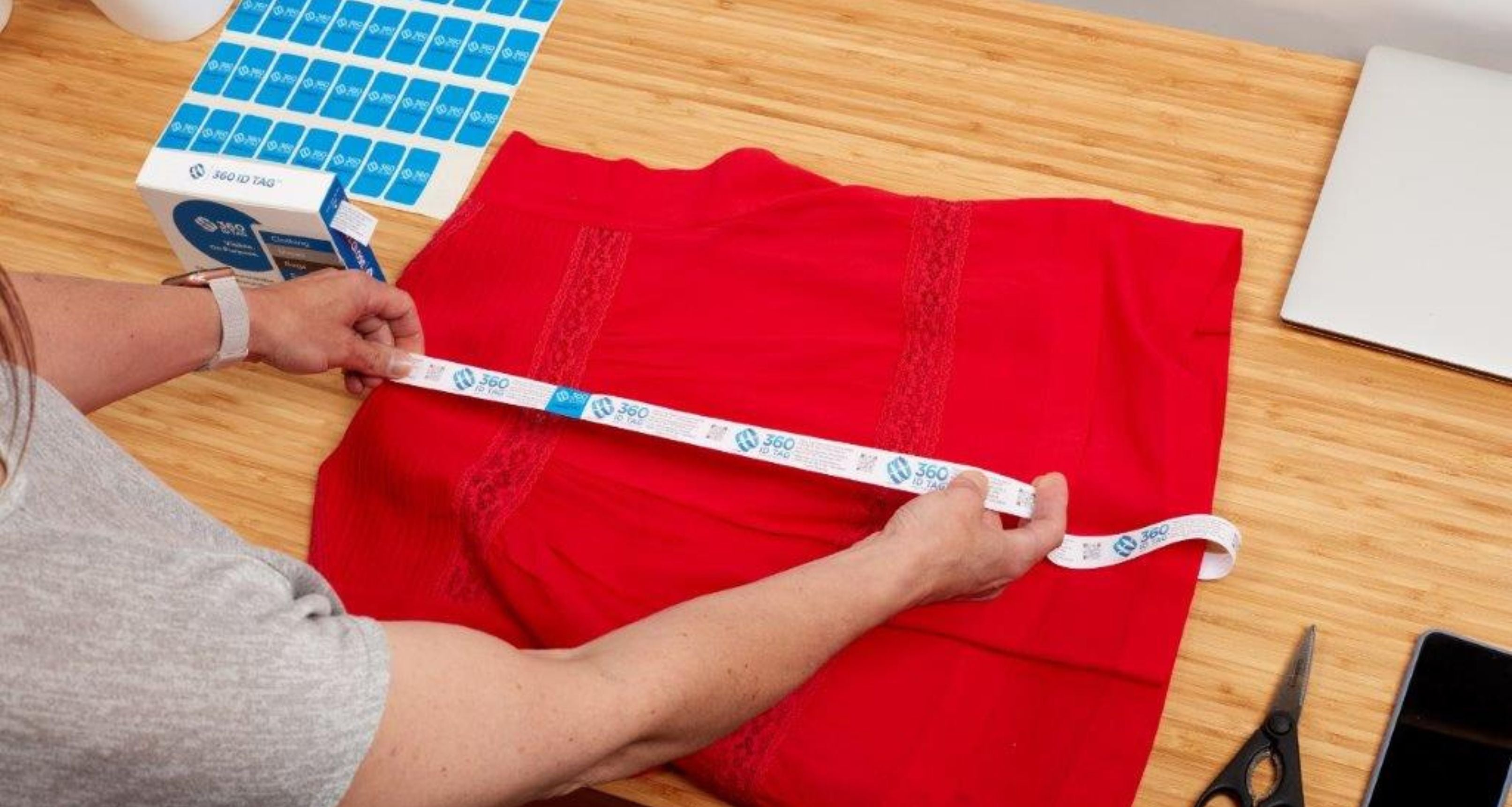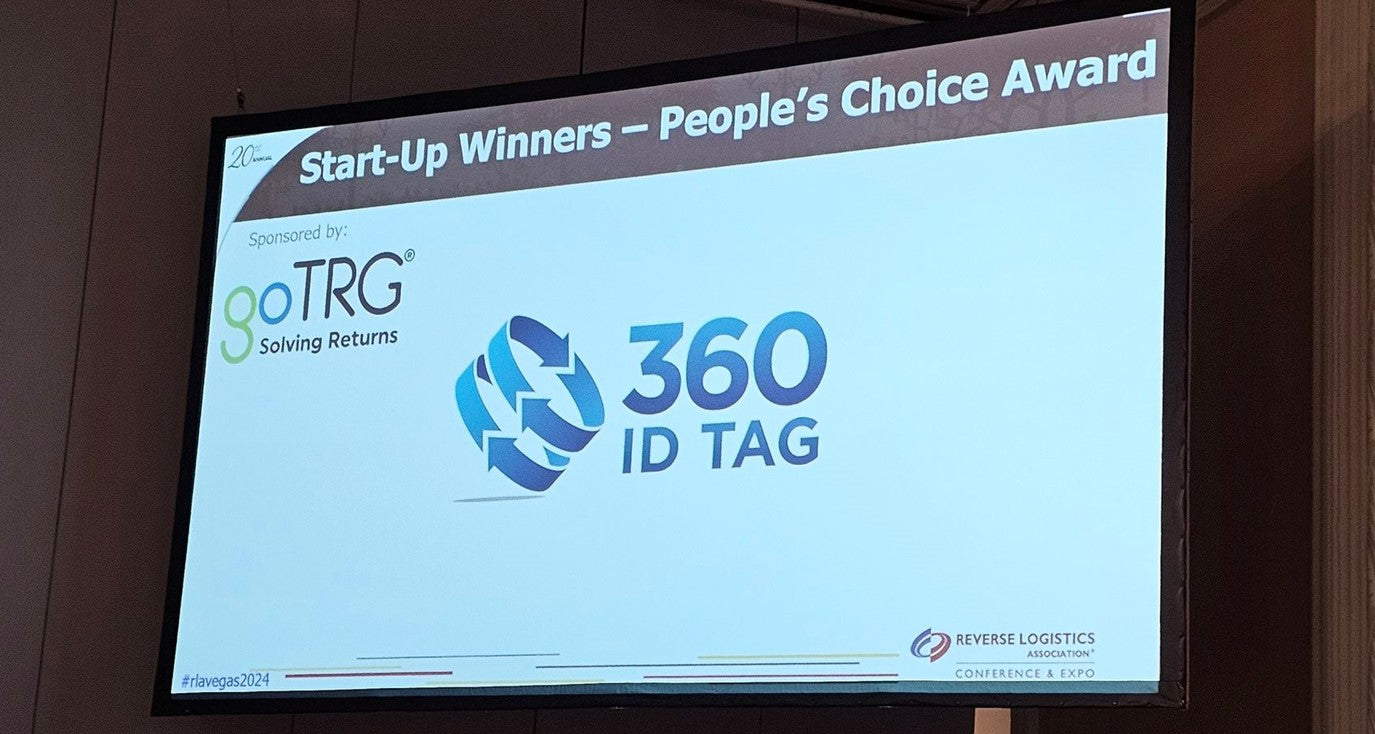
THE TAG BLOG
Wardrobing: How E-commerce merchants can combat return fraud
APRIL 2025
WARDROBING RETURN FRAUD: STILL DRAINING RETAIL PROFITS IN 2025
As e-commerce continues to expand—from global giants to independent Shopify stores and home-based marketplace sellers—profitability remains a key goal. However, with this growth comes a costly consequence: return fraud. At the forefront is one of the most pervasive challenges in the industry—wardrobing.
According to the Retail Returns Report by the National Retail Federation (NRF) and Happy Returns, $890 billion worth of merchandise is expected to be returned in 2024—16.9% of all U.S. retail sales. Of that, an estimated $101 billion was tied to fraudulent returns. These numbers underscore an urgent need for smarter return strategies that protect revenue without penalizing honest customers.
93% of retailers reported that retail fraud and other exploitive behavior is a significant issue for their business
WHAT IS WARDROBING?
Wardrobing—also called “wear and return”—involves buying merchandise, using it once (often for an event, social post, or photoshoot), and returning it for a full refund. It’s a modern form of shoplifting, disguised by generous return policies, happening in plain sight, facilitated by flexible return policies and the anonymity of online shopping.
With the convenience of online returns and little to no face-to-face accountability, consumers are emboldened to return worn items that would never pass inspection in-store.
Unsurprizingly, 56% of merchants in the Retail Returns Report indicated that wardrobing increased compared to last year.
WHO’S WARDROBING—AND WHY?
Surprisingly, it's not just hardened criminals—it's everyday consumers. In a 2020 survey conducted by 360 ID Tag, 37% of respondents admitted to returning items after wearing or using them. Many of them are well-educated professionals earning over $50K a year, indicating that there is no typical profile for a return fraudster.
50% of Gen Z and 39% of Millennials admitted to returning a worn item.
Source: NRF, 2024 Consumer Survey.
Why do they do it?
- Special occasions – Events like weddings, proms, or interviews prompt consumers to purchase items with the intent to return them after a single use.
- #OOTD culture – The desire to post unique outfits on platforms like Instagram leads to the “snap-and-send-back” culture.
- Peer pressure – The fear of outfit repetition, amplified by online appearances.
- Economic stress – Inflation and cost-of-living pressures lead to “borrowing” from retailers.
- ‘Harmless’ fraud perception – Many justify wardrobing as a victimless act.
- Buyer’s remorse – Buyer’s remorse often follows brief use, prompting dishonest returns.

The serialized tamper-evident 360 ID Tag must be removed before wearing the item in public. Shown here is the Classic Loop Pack - 22mm.
FRAUD AT SCALE: THE WARDROBING IMPACT
The NRF’s report confirms that the highest return rates continue to plague online sales, where consumers are not only more likely to return items—but also more likely to abuse the system. Wardrobing costs aren’t just monetary—they’re operational, reputational, and environmental.
1. Financial
- Lost revenue from unsellable goods
- Used merchandise can't be resold at full price
- Higher shipping, handling, and processing costs
- Reduced margins from markdowns or liquidation
2. Operational
- Additional labor is required to inspect and process returns
- Inventory management headaches
- Slower restocking and out-of-stock issues
3. Reputational
- Honest customers may receive previously worn items, leading to loss of trust
- Negative reviews can spread quickly and impact consumers' decision making
4. Environmental
- Returns drive CO₂ emissions from reverse logistics
- 9.5 billion pounds of returned goods end up in U.S. landfills annually (up from 5 billion pounds in 2017)
- Contradicts sustainability efforts
DETECTING WARDROBING FRAUD
Identifying wardrobing can be challenging, but some indicators include:
- High number of returns from a single customer.
- Evidence of wear or use, such as odors, stains, or alterations.
- Missing tags or tags that are reattached using different methods.
But detection alone isn’t enough.
A PROACTIVE SOLUTION: THE 360 ID TAG
Rather than tightening return policies—which risk alienating honest shoppers—e-commerce retailers are turning to physical deterrents like the 360 ID Tag.
This tamper-evident return tag system makes it impossible to wear and return the same item. It’s looped through apparel, shoes, and accessories and sealed with a unique, serialized security seal. Customers can inspect and try the item at home but must remove the tag to wear it publicly—making the item ineligible for return.
If the tag’s been tampered with, the fraud is evident. The 360 ID Tag doesn’t damage delicate fabrics or leather and buyers ready to commit to their purchase can easily remove it with scissors or by peeling back the seal.

Thread the 360 ID Tag through merchandise to prevent wardrobing. Shown here is the Classic Loop Pack - 22mm.
They work!
"These tags with unique serial numbers are a life saver. I sell high end clothing online, after adding these tags onto the garments, I have lowered my returns. When an item gets returned, as sometimes it will, the tags are still in place, a clear indication that the item was not worn. In the past two years of using these 360 ID Tags, I have had only two returns and items were in perfect condition when returned and I was able to simply re-list them again. Thank you 360 ID Tag for a perfect product that actually works!"
- CM
A PROACTIVE SOLUTION: THE 360 ID TAG
E-commerce businesses can continue offering flexible returns without being vulnerable to fraud. By integrating a clear, visible deterrent, brands can maintain customer trust, protect their margins, and align with sustainability goals. The 360 ID Tag offer a subtle but powerful way to discourage dishonest behavior while preserving the post-purchase experience.

Ship your item with a 360 ID Tag attached. Customers can still try the item on with the return tag attached.
If you’re looking for a scalable, affordable, and easy-to-implement solution to combat wardrobing return fraud, we’d love to help.
Feel free to leave a comment below or contact me directly at info@360idtag.com, and I will be happy to assist you.
CHELSEA DUHS - FOUNDER 360 ID TAG
Find the right 360 ID Tag pack for your business
We offer a variety of 360 ID Tag packs, with different combinations of return tag material and tamper-evident security seals. You can also create a custom combination to fit your specific needs. Browse our 360 ID Tag products and select the return fraud solution that best suits the types of products you sell online.
LATEST ARTICLES
Wardrobing: how e-commerce merchants can combat return fraud
👗 Wear. Post. Return. It’s called wardrobing—and half of all retailers are still battling it in 2025. Our latest blog breaks down why this return fraud continues to thrive and how businesses can finally put a stop to it.
Read moreTackling Fraudulent Returns: Survey Confirms Wardrobing as the #1 Culprit
Today, return fraud has evolved into a costly and ongoing challenge for businesses. Wardrobing, where customers buy merchandise, use it briefly, and then return it for a full refund, is particularly disruptive. Secure Authentication Brands recently conducted a survey to understand the impact of return fraud and gather insights from business leaders on their most pressing concerns. Here's what we found and how our anti-return fraud tagging solution is helping companies turn the tide.
Read moreRevolutionizing E-Commerce Returns With an Anti-Wardrobing Tag
At the recent Reverse Logistics Association's 2024 Startup Competition, 360 ID Tag stood out among a field of innovative contenders, showcasing their mission to combat return fraud, specifically the insidious practice of "wardrobing." Founder Chelsea Duhs delivered a compelling pitch that resonated with both the audience and the judges.
Read more


